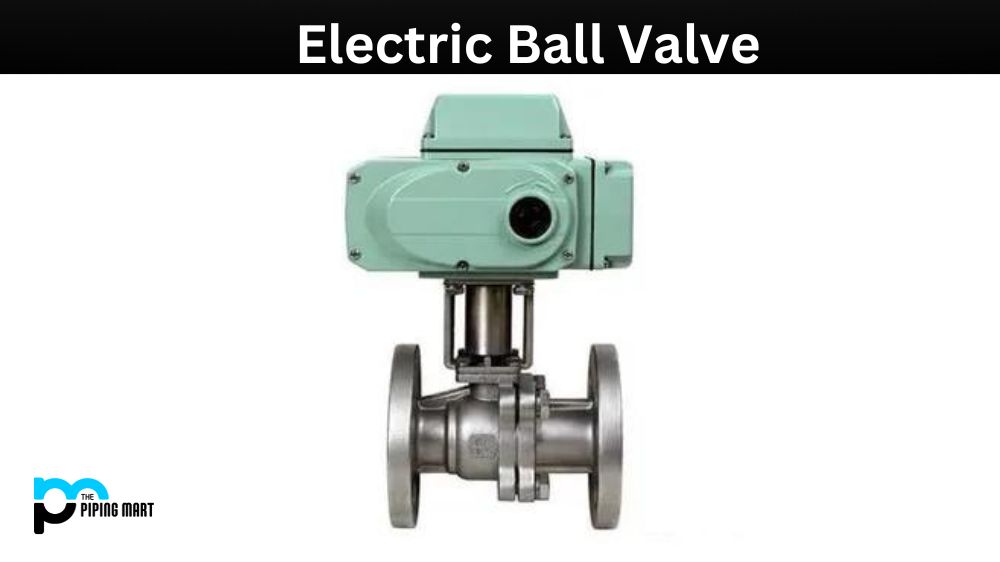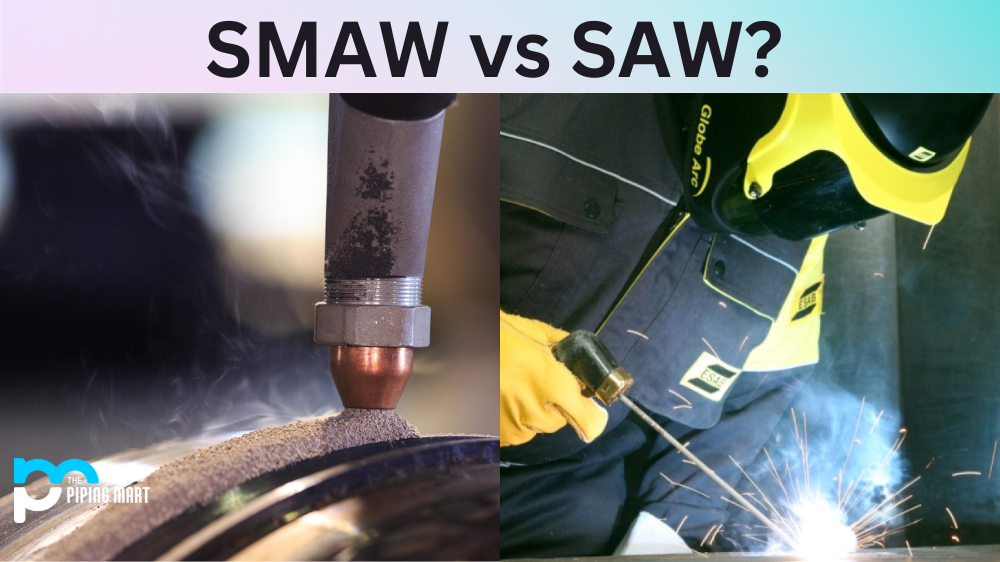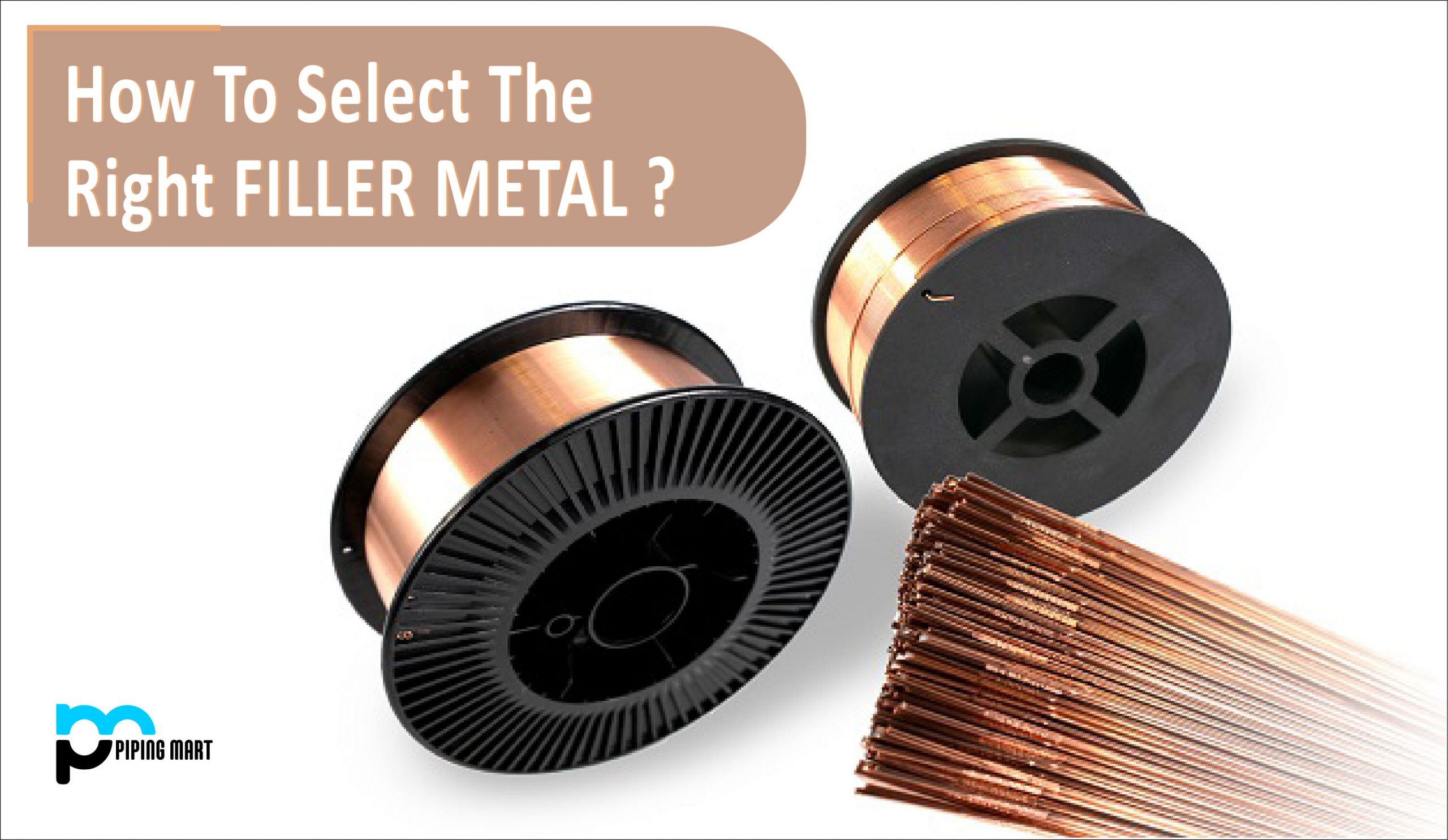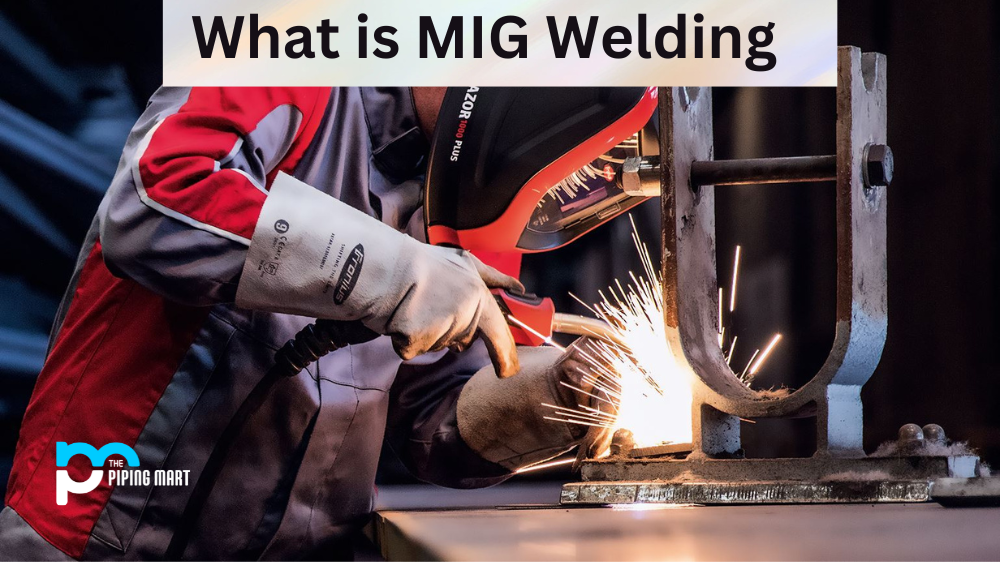If you’re looking for a reliable and efficient valve for your industrial application, an electric ball valve might be the one for you. With its electrically powered mechanism, this valve offers advantages that traditional valves cannot match. While it is an excellent choice for some applications, there may be better solutions in other cases. In this blog post, we will look closer at the advantages and disadvantages of electric ball valves so you can make an informed decision for your specific need.
Advantages of Electric Ball Valve
High Precision: An electric ball valve offers accurate and precise control over the flow of liquids and gases. It can be programmed to open or close at a specific angle or based on a preset pressure or temperature, making it ideal for critical applications in processing plants and refineries. This level of precision is difficult to achieve with manual valves.
Energy Efficient: Since electric ball valves are powered by electricity, they are much more energy-efficient than manual or pneumatic valves. The electric actuator uses power only when the valve is changing position, which helps reduce energy consumption and lowers operating costs.
High Corrosion Resistance: Electric ball valves are constructed with materials such as stainless steel, brass or bronze, which makes them corrosion-resistant. This feature makes them suitable for harsh and corrosive environments, such as chemical processing plants.
Disadvantages of Electric Ball Valve
High Initial Costs: Electric ball valves are generally more expensive than manual or pneumatic valves. The higher up-front cost may be a barrier for some organizations, especially small and medium-sized businesses.
Power Dependence: Electric ball valves depend on a power source to function. It means that a power outage can cause the valve to fail, which may result in downtime and damage to the process or equipment.
Complex Design: Electric ball valves are much more complex than manual ones. They require more components, such as motors, gearboxes, and controllers, making their design, installation, and maintenance more complicated.
Conclusion:
An electric ball valve is a powerful tool for process control, but there may be better choices for some applications. If you need high accuracy, energy efficiency, or corrosion resistance, an electric ball valve may be right. However, if you’re looking for a low-cost or easy-to-maintain valve, a manual or pneumatic valve may be a better option. It’s important to consider your specific requirements, budget, and resources before deciding. With the insights shared here, you can now make an informed choice about whether the electric ball valve is right for you.




